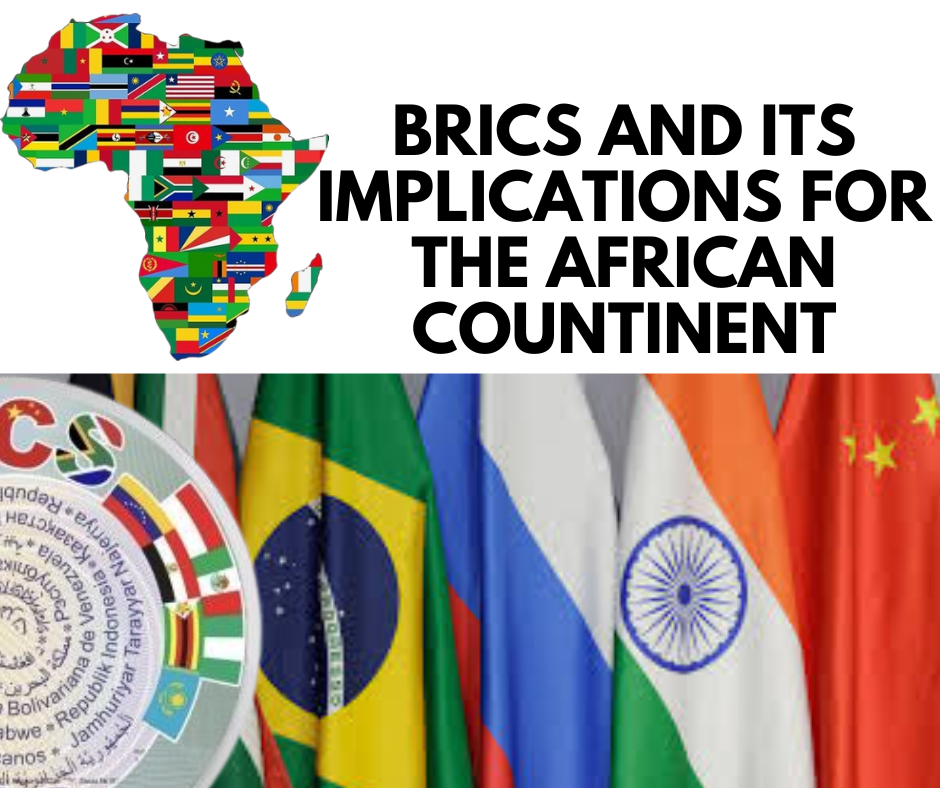BRICS is an economic and political alliance originally consisting of Brazil, Russia, India, China, and South Africa (which joined in 2010). As of January 1, 2024, the group expanded to include Egypt, Ethiopia, Iran, Saudi Arabia, and the United Arab Emirates, making it BRICS+.
The establishment of BRICS has several key aims:
Economic Rebalancing
– Creating an alternative to Western-dominated global financial systems
– Reducing dependency on the US dollar for international trade
– Establishing new development financing mechanisms through the New Development Bank
– Promoting trade in local currencies between member states
Geopolitical Influence
– Building a counterweight to US/Western dominance in global affairs
– Creating a platform for emerging powers to coordinate positions on global issues
– Strengthening South-South cooperation
– Advocating for reform of international institutions like the UN Security Council, IMF, and World Bank
Development Cooperation
– Sharing development experiences and best practices
– Promoting technology transfer between member states
– Supporting infrastructure development in developing countries
– Fostering cooperation in areas like agriculture, energy, and digital technology
Strategic Autonomy
– Reducing vulnerability to Western economic sanctions
– Creating independent payment systems and financial infrastructure
– Developing alternative supply chains
– Building strategic partnerships outside Western alliances
Resource Security
– Coordinating access to strategic resources
– Ensuring energy security through cooperation
– Developing joint approaches to food security
– Sharing technology and expertise in resource extraction
Political Reform
– Pushing for democratization of international relations
– Advocating for a multipolar world order
– Reforming global governance structures
– Increasing representation of developing nations in global decision-making
Economic Implications for Africa:
Trade and Investment
– Increased access to alternative sources of development financing through the New Development Bank (BRICS Bank)
– Growing trade relationships, particularly with China and India
– Investment in infrastructure projects across the continent
– Reduced dependency on Western-dominated financial institutions like the IMF and World Bank
Market Access
– Larger market opportunities for African exports
– Potential for technology transfer and industrial cooperation
– Enhanced regional integration through trade corridors
Political Implications:
Global South Representation
– Strengthened voice for developing nations in global governance
– Alternative diplomatic channels outside Western-dominated institutions
– Platform for advocating African interests in international forums
Multipolarity
– Reduced Western influence in Africa
– Increased bargaining power in international negotiations
– Potential for balancing relationships between East and West
Challenges and Concerns:
Economic
– Risk of new forms of economic dependency, particularly on China
– Potential for unequal trade relationships
– Competition with local industries from BRICS imports
Political
– Possible involvement in geopolitical tensions between BRICS members and Western powers
– Internal conflicts of interest among BRICS members
– Questions about governance standards and conditionality of BRICS investments.



